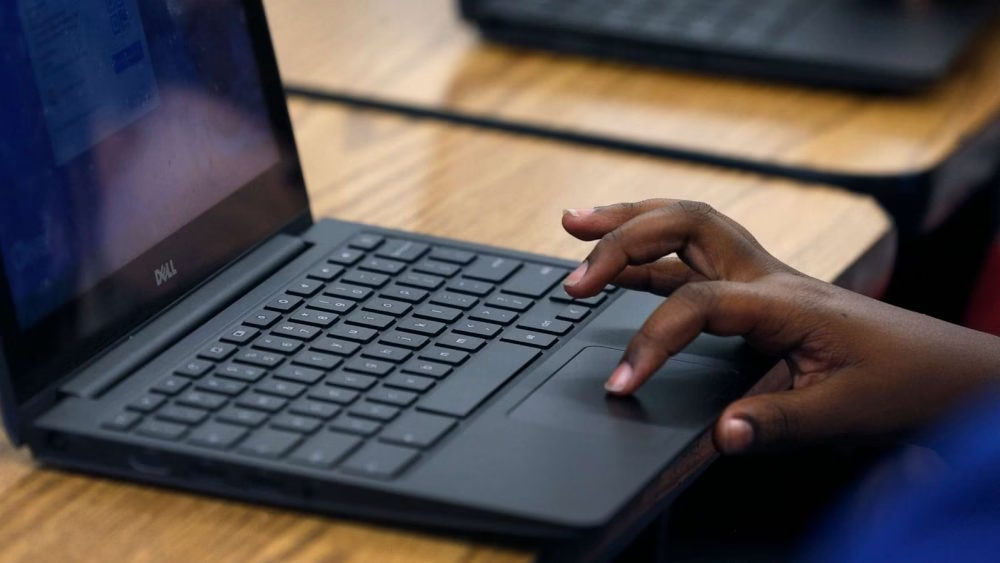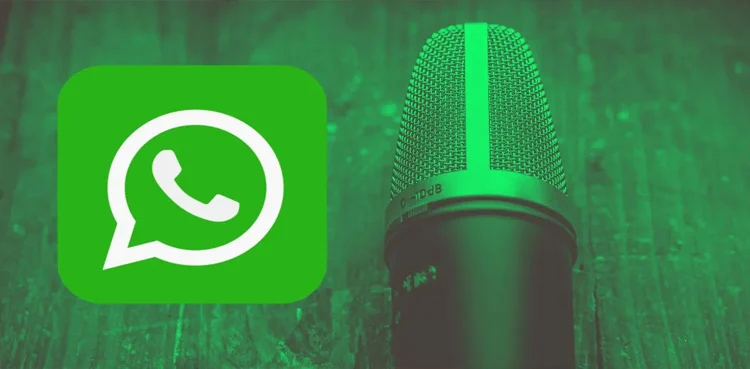A major educational initiative has come under fire as Islamabad schools raise serious concerns over the functionality of refurbished Chromebooks provided to them. The devices, distributed as part of a government effort to integrate digital learning tools in classrooms, were reportedly so faulty that some wouldn’t even power on, according to complaints received by the Ministry of Education.
In light of these reports, the Ministry of Federal Education and Professional Training has launched an official probe to assess the condition of the Chromebooks. Secretary of Education Mohyuddin Ahmad Wani issued a formal letter to the Director General of the Federal Directorate of Education (FDE), ordering a complete inspection of all units supplied so far.
The letter explicitly states the need for a rigorous quality check, emphasizing that every Chromebook and charger delivered under the joint initiative of the Federal Directorate of Education and National Book Foundation must be inspected before reaching classrooms.
Adding another layer of accountability, the Ministry has also mandated that school heads must issue satisfaction certificates confirming that the devices meet performance expectations. This move aims to prevent further distribution of non-functional or poor-quality devices and to ensure that any existing issues are addressed swiftly.
The situation has sparked significant public interest, especially as these devices are meant to aid in modernizing Pakistan’s educational infrastructure. However, instead of helping, these malfunctioning Chromebooks have disrupted classroom learning and frustrated educators trying to implement tech-based teaching methods.
According to Ministry sources, 12,500 refurbished Chromebooks were acquired through the National Book Foundation, each at a cost of Rs. 11,900. These devices were selected due to budget constraints, as outlined in the Ministry’s official statement. The procurement was done through a competitive bidding process, ensuring legal compliance—but apparently not quality assurance.
So far, only 4,000 units have been delivered to schools, with the remaining 8,500 Chromebooks yet to be dispatched. Given the backlash, it’s likely that the remaining stock will now undergo pre-dispatch inspections to avoid a repeat of the current situation.
Speaking on the decision to opt for refurbished units, an official explained:
Due to budget shortage, we opted for refurbished Chromebooks to facilitate as many institutions as possible. Each device cost Rs. 11,900, and the purchase was made through a competitive bidding process.
While the strategy aimed to maximize reach within limited financial resources, the technical faults and poor reliability of these devices have sparked a debate on the true cost of compromise in education quality.
To mitigate the damage, the FDE is not only inspecting the existing stock but also planning to procure an additional 10,000 Chromebooks in the coming days through a new tender process. It remains to be seen whether these upcoming devices will meet the desired standards or repeat the mistakes of the current batch.
Education technology experts have weighed in on the issue, highlighting the importance of functional, reliable devices in digital learning environments. A faulty device can discourage both students and teachers from adopting technology in classrooms, ultimately hindering the country’s progress toward smart education.
This controversy also puts pressure on oversight bodies to enforce stricter quality checks and ensure that future procurements include third-party testing, warranty assurances, and clear return policies. Without such safeguards, budget-saving tactics could prove far more costly in the long run—both in terms of money and educational setbacks.
The Ministry has assured the public that it is taking all necessary steps to correct the issue and restore confidence in its digital learning initiatives. Until then, the spotlight remains on the ongoing inspection and how effectively the government responds to the feedback from educators on the ground.



